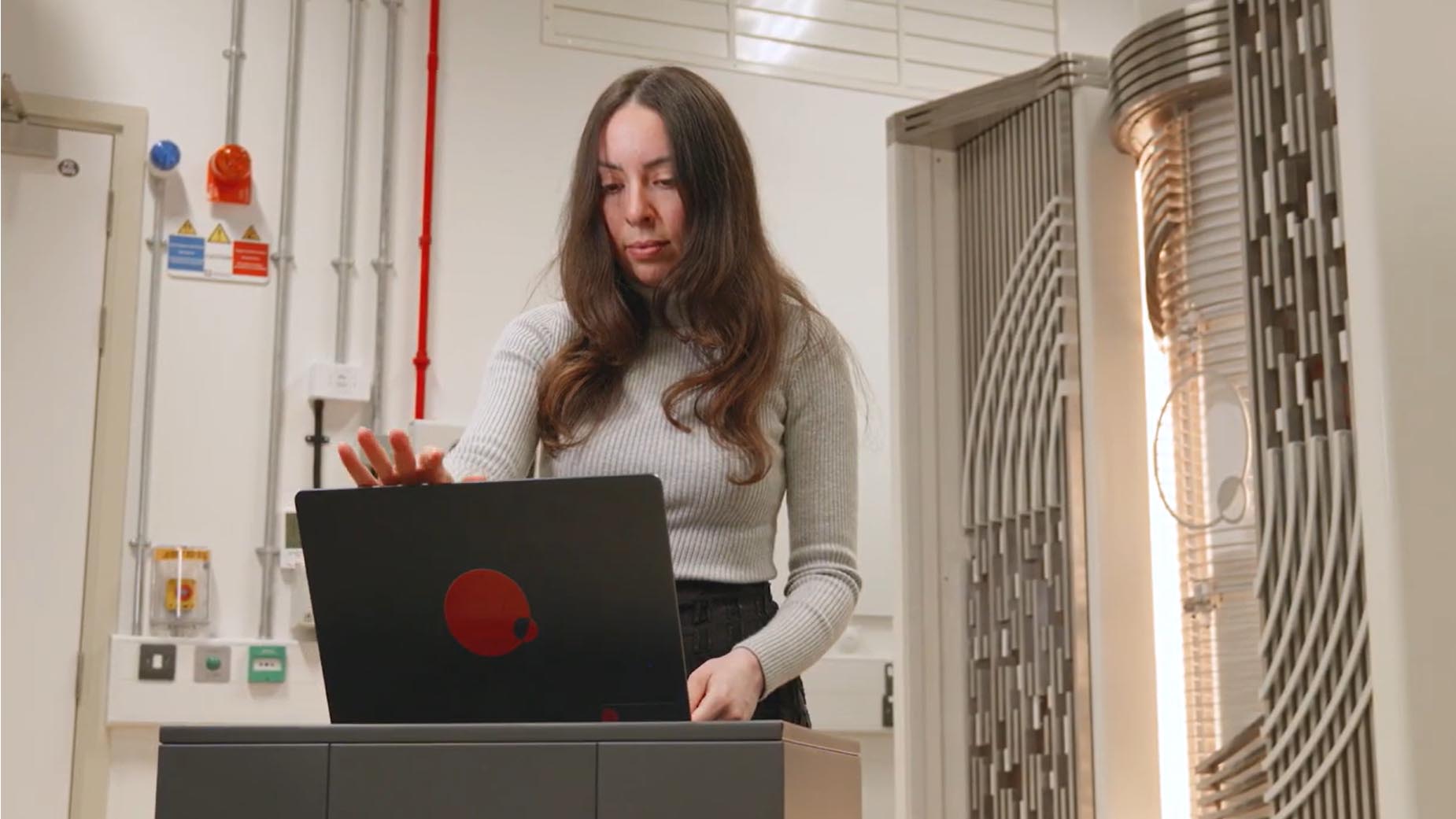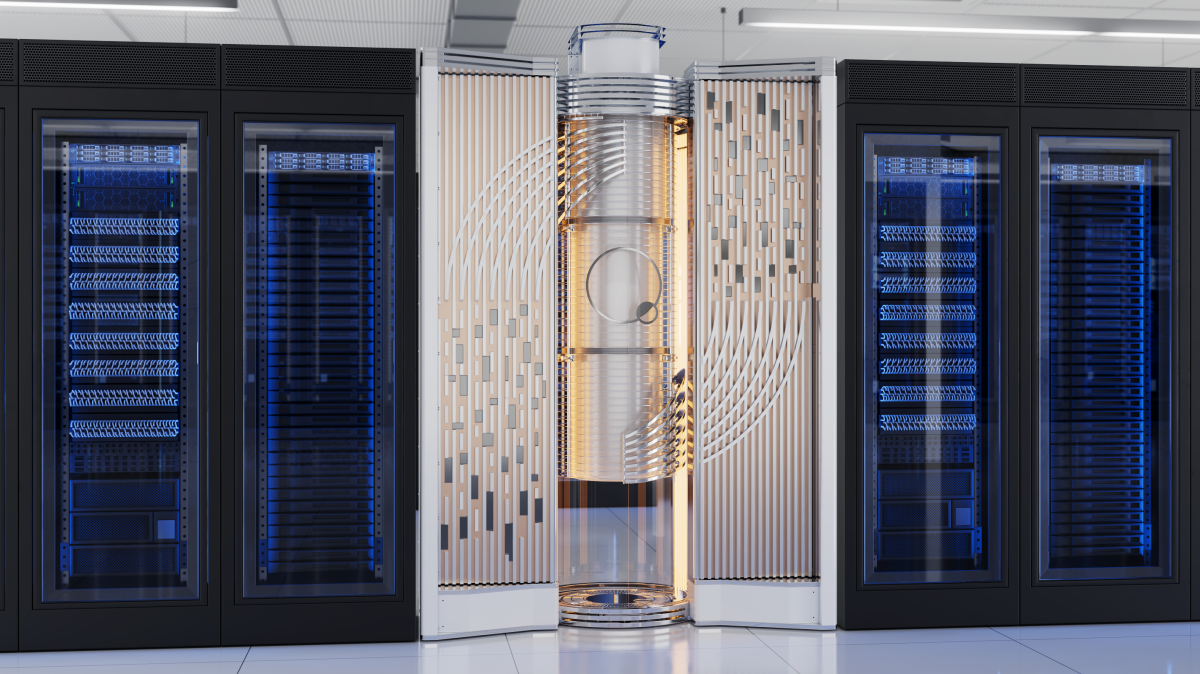A British startup has built the world’s first quantum computer made with the same silicon chip technology used in laptops and phones.
Quantum Motion’s machine has been switched on at the UK’s National Quantum Computing Centre (NQCC) in Oxfordshire.
The system will now be tested at the NQCC, where researchers will explore how it could be applied to real-world problems, from designing new medicines to optimising energy grids.
• What is quantum computing? Our science editor tries to explain
It is the first “full-stack” quantum computer built using standard chipmaking methods. In practice, that means it could one day be mass-produced, just like the processors that power smartphones.
Unlike many quantum computers, which need huge amounts of specialist equipment, this one fits neatly into three standard server racks, which are small enough to run in a data centre.
James Palles-Dimmock, chief executive of Quantum Motion, called it “quantum computing’s silicon moment” and likened it to the breakthrough that made traditional computers cheap and easy to mass produce. Lord Vallance of Balham, the science minister, said the project brought the technology “another step closer to commercial viability.”
Quantum Motion was founded in 2017 by academics from Oxford and University College London. It employs more than a hundred people, with headquarters in London and teams in the US, Australia and Spain, and has raised more than £62 million in equity and grant funding.

April Carniol, the executive director at Quantum Motion
QUANTUM MOTION
By using silicon, the same material already used in global chip factories, Quantum Motion aims to build scalable quantum computers using standard silicon chip technology, making the machines cheaper and easier to manufacture.
It is one of the only UK companies to be part of the Quantum Benchmarking Initiative, run by the US Defense Advanced Research Projects Agency, which aims to determine whether it is possible to build a useful quantum computer more quickly than conventional predictions.
While traditional computers rely on binary bits (zeros and ones) to store and process data, quantum computers can encode even more data at once using subatomic particles called qubits. This means quantum computers should be able to solve problems far too complex for today’s supercomputers.
• UK firms in quantum leap for commercial use of supercomputers
The NQCC is Britain’s testbed for tomorrow’s computers, based at Harwell Science Campus in Oxfordshire. Set up by the government in 2020, it gives scientists and companies a place to try out cutting-edge quantum machines. The aim is to help the UK to stay ahead in the global race to harness quantum technology for real-world use.

